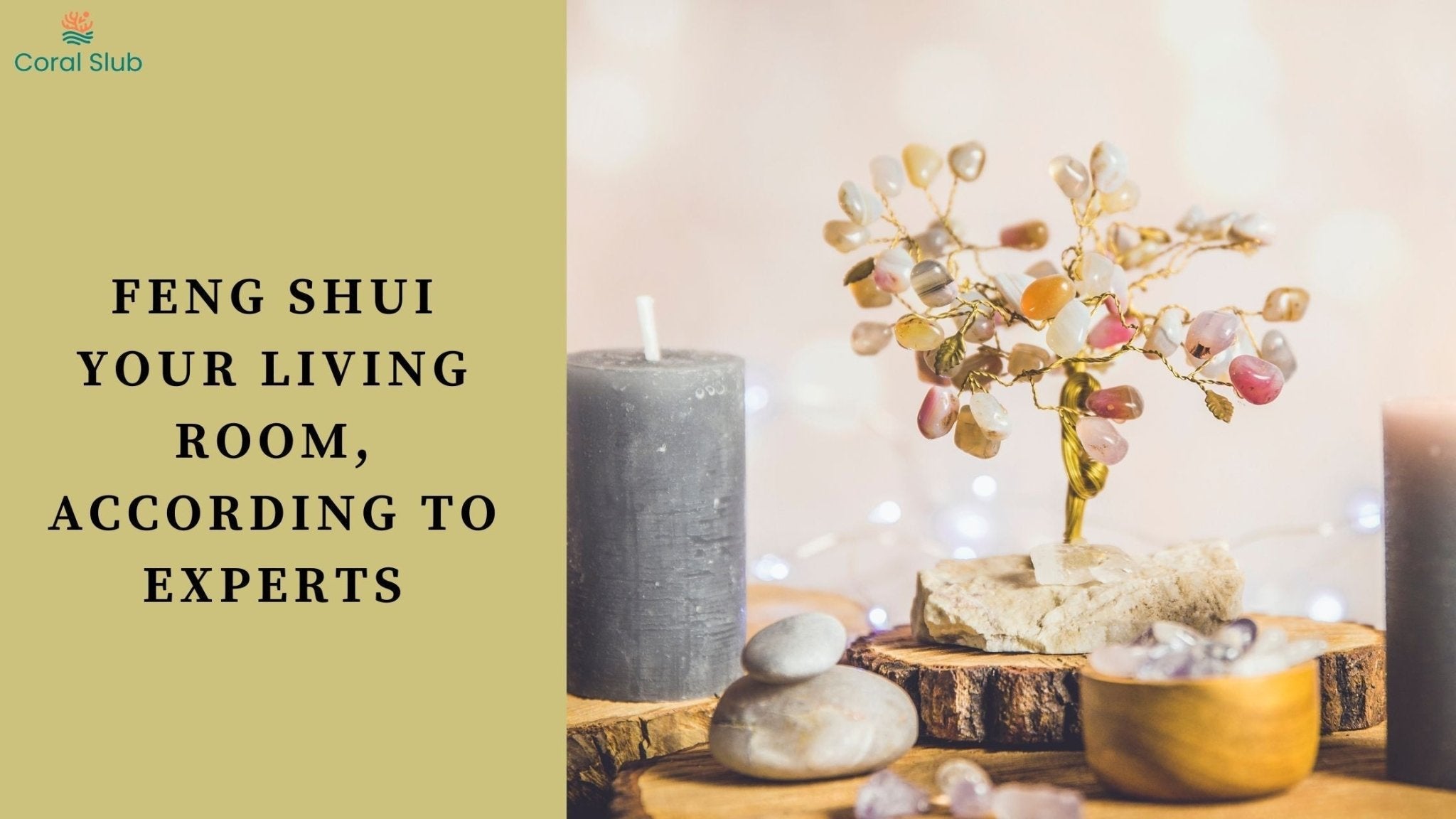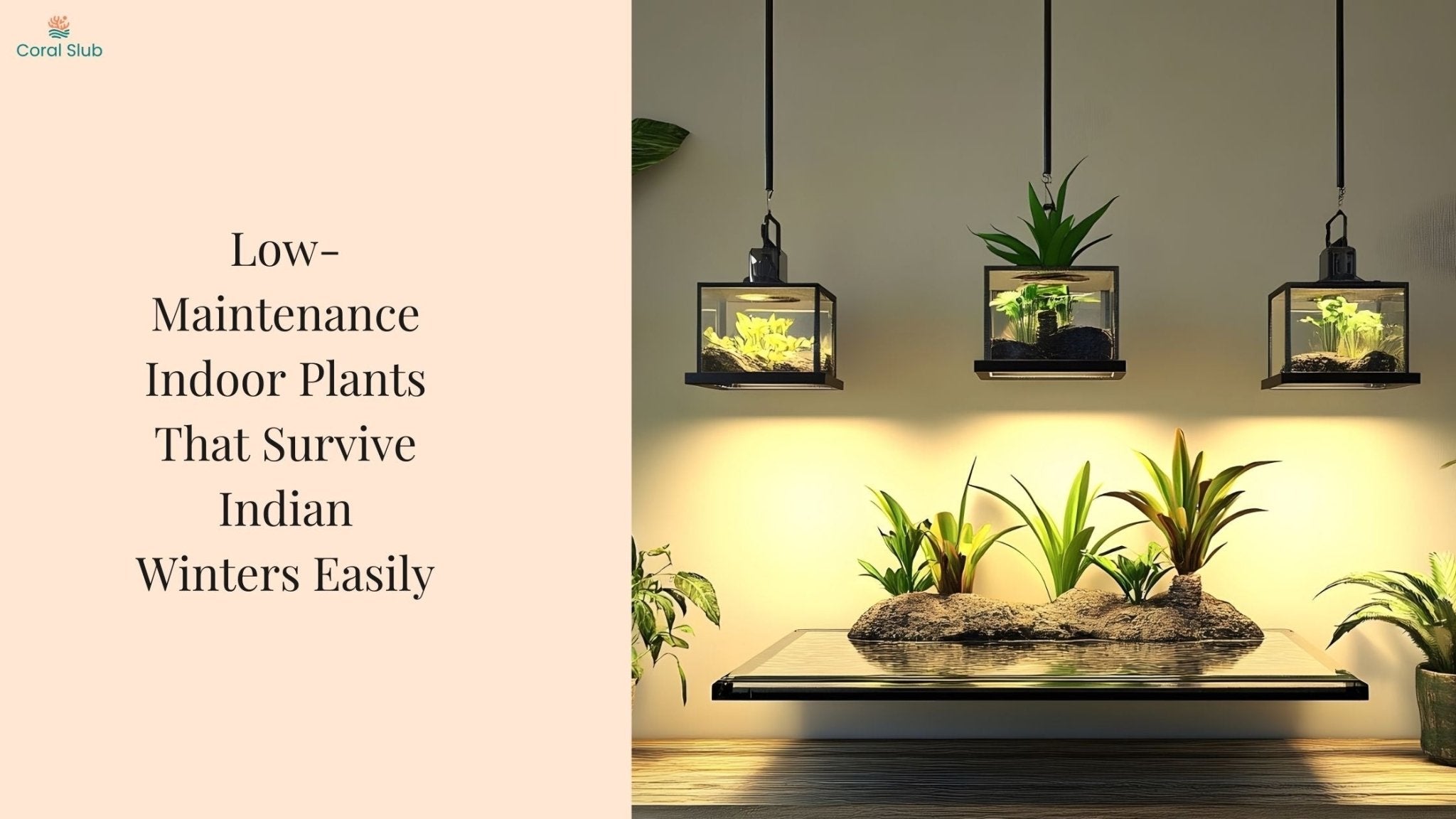Have you noticed your living room feels a bit off lately? Perhaps conversation feels awkward due to furniture placement, or there's a lingering sense of stagnant energy despite your cleaning efforts. Before rearranging your furniture for the thousandth time, consider exploring feng shui, the 5,000-year-old Chinese practice focused on creating harmony between you and your environment through thoughtful placement of objects, colors, and materials.
Why Feng Shui Matters for Your Living Room

The living room serves as the heart of most homes, a space where we spend quality time with ourselves, family, and friends. "Taking the initiative to create a nurturing and energetically nourishing space is the basis of good self-care," explains Suzanne Roynon, a member of the International Feng Shui Guild.
When properly balanced, your living room can become a sanctuary that promotes relaxation, connection, and positive energy flow. Let's explore how feng shui principles can transform your space with insights from leading experts in the field.
Understanding the Five Elements of Feng Shui

Creating harmony begins with incorporating the five essential elements—wood, earth, fire, water, and metal each associated with distinct energies that affect your living space differently.
The Wood Element: Growth and Vitality
Wood brings growth and vitality to your living room. You can incorporate this element through:
- Tall, healthy plants with vibrant foliage
- Natural wood furniture pieces
- Green accents in your decor and textiles
- Vertical lines and rectangular shapes
The Earth Element: Stability and Grounding
Earth provides grounding and stability, creating a sense of security in your space. Include earth through:
- Earthy-toned rugs and textiles in yellows, browns, and oranges
- Natural crystals placed thoughtfully throughout the room
- Clay planters and ceramic decorative pieces
- Square shapes and low, horizontal lines
The Fire Element: Transformation and Passion
Fire drives transformation and passion, bringing warmth and energy to your living space. Introduce fire through:
- Candles in strategic locations (always used safely)
- Warm-toned textiles in reds, bright oranges, and purples
- A functioning fireplace as a focal point when possible
- Triangle shapes and pointed objects
The Water Element: Wisdom and Abundance
Water represents wisdom and abundance, bringing flow and emotional depth. Add water elements with:
- Cool-colored accents in blues and blacks
- Subtle table fountains or water features
- Art depicting calm streams, lakes, or ocean scenes
- Wavy, free-flowing patterns and asymmetrical shapes
The Metal Element: Clarity and Precision
Metal enhances clarity and precision, helping to sharpen focus and efficiency. Integrate metal through:
- Metallic light fixtures and hardware
- Neutral color schemes including whites, grays, and metallics
- Decor items made from stainless steel, iron, or brass
- Circular and oval shapes
Dr. Hannah Yang, a licensed psychologist at Balanced Awakening, emphasizes the importance of balance among these elements. For a well-rounded energetic ambiance, your living room might feature a steel coffee table (metal), a leafy plant (wood), a yellow throw rug (earth), lit candles (fire), and a waterfall painting (water).
Strategic Furniture Placement for Optimal Energy Flow
Positioning Your Sofa for Security and Command

Furniture placement plays a crucial role in feng shui, with your sofa being particularly significant as the largest piece in most living rooms. Classical Feng Shui Master Meena Jagpal-Paré recommends:
Position your largest furniture piece near a solid wall , not flush against it, but close enough to provide stability without restricting energy flow. Arrange seating to face the door in what feng shui practitioners call the "command position". Avoid placing sofas directly in line with doorways, which creates rushed energy.
According to Gala Magriñá, a holistic interior designer certified in feng shui, this setup fosters a sense of secure control and ease you can see who enters the room without being startled.
Creating Conversation Areas That Energize Relationships
 The way you arrange seating can significantly impact the quality of social interactions:
The way you arrange seating can significantly impact the quality of social interactions:
Position chairs and sofas to facilitate face-to-face conversation Create a circular or semi-circular arrangement rather than pushing all furniture against walls Ensure there's comfortable space between pieces to allow energy to circulate Avoid sharp angles pointing directly at seated positions, which creates "poison arrows" of aggressive energy.
Choosing the Right Coffee Table
Your coffee table anchors the seating area and affects the room's energy flow:
Select solid wood rather than glass for grounding energy. Consider rounded edges for smoother energy flow and safety. Ensure the height is proportional to surrounding seating Keep the surface relatively clear to allow energy to settle and circulate.
Color Psychology in Feng Shui Living Rooms
Foundation Colors for Balance
Neutral tones create a solid foundation for balance and flow in your living room:
Beige, sand, or soft gray for major furniture pieces. Whites and light neutrals for walls to maximize light reflection. Earthy tones for grounding larger elements like rugs and curtains
Strategic Use of Accent Colors
Jagpal-Paré warns that color should be used with intention and care:
Too much red can heighten tension and overstimulate Excessive brown may create a sense of stagnation or heaviness. Overwhelming blue might suppress communication and warmth.
Instead, rotate accessories seasonally with mindful color choices:
Blue vases or pillows to promote calm and communication Green accents to encourage growth and family harmony. Metallic frames or decorative objects for clarity and precision.
Quick Feng Shui Improvements Anyone Can Make
You don't need a complete renovation to enhance your living room's feng shui. Try these expert-recommended quick improvements:
Declutter with Intention
Dr. Yang advises removing items that no longer serve a purpose or evoke positive feelings:
Clear surfaces of unnecessary objects Organize books and magazines neatly. Ensure electronics are functioning and cords are managed. Remove or replace broken items, which create blocked energy.
Reassess Your Wall Art
Roynon suggests evaluating your artwork's emotional impact:
Does each piece uplift you or echo negative emotions? Are images balanced between active and restful scenes? Do frames complement rather than dominate the artwork? Is the spacing harmonious and proportional to the wall?
Incorporate Natural Elements

Bringing nature indoors enhances vitality and connection:
Add air-purifying plants in ceramic or wooden planters. Include crystals like clear quartz for clarity, citrine for cheerfulness, or black tourmaline for energetic protection. Use natural materials like wood, cotton, wool, and stone throughout the space Ensure fresh air circulation with regular ventilation.
Conclusion:
By understanding the five elements, positioning furniture thoughtfully, clearing stagnant energy, using color strategically, and making simple improvements, you can transform your living room into a sanctuary of harmony and positive energy.
Remember that the most effective feng shui acknowledges both ancient wisdom and your personal needs. As you make changes, notice how different arrangements and elements affect your mood, energy level, and social interactions. With time and attention, your living room can become not just a beautiful space, but a profound source of support for your best life.
FAQs
What is feng shui and why is it important in the living room?Feng shui is an ancient Chinese philosophy of spatial arrangement and energy flow. Applying it to the living room helps create a space that supports well-being, connection, and emotional balance.
What is the best feng shui position for a living room sofa?
The best position is in the “command” position,where the sofa is placed near a solid wall and faces the door without being directly in line with it. This gives a sense of security and control.
How often should I clear energy in my living room?
Ideally, clear your space during seasonal changes, after stressful periods, or following social gatherings. You can also do quick clears weekly or monthly using sound and intention.
Does feng shui require expensive changes?
Not at all. Most feng shui improvements involve rearranging existing items, decluttering, or adding thoughtful, inexpensive elements like candles, cushions, or plants.
Can I still watch TV in a feng shui living room?
Yes, but balance is key. Make sure the room supports both relaxation and connection. Arrange seating to encourage conversation and avoid making the TV the sole focal point.
What’s a simple feng shui fix anyone can try?
Start by decluttering and placing a healthy green plant in the room. This alone can uplift the energy and invite more vitality into the space.
Let your living room become a space that supports how you want to live,whether that’s relaxing more, connecting better, or simply enjoying the beauty of a well-designed home. Feng shui offers a beautiful, intentional framework to make that happen.








